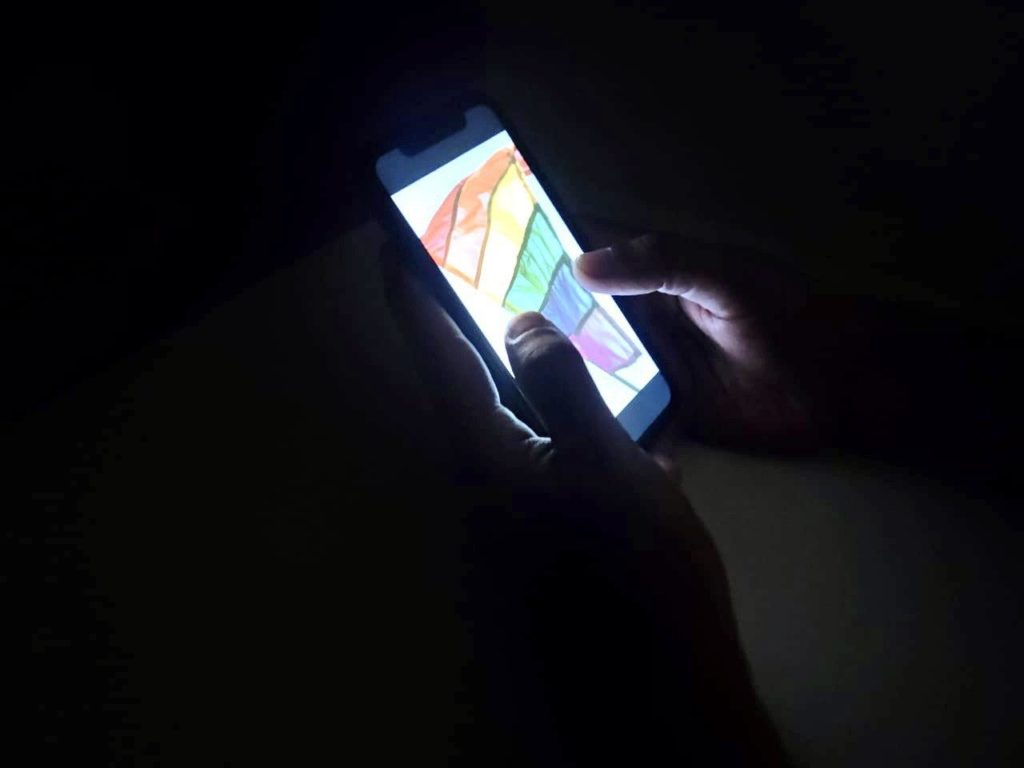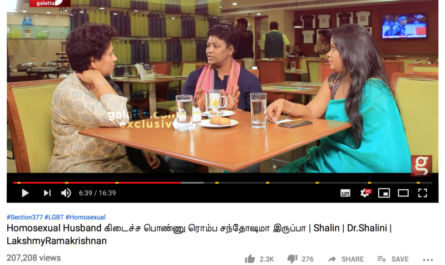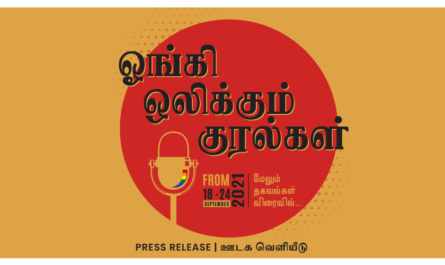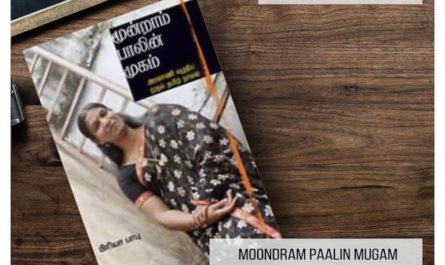
The Covid-19 pandemic has warped our sense of space and time. The lockdown and social isolation led people to seek alternate modes of connection and community. This lifestyle is quite familiar for members of LGBTQIA+ communities. Being queer in a society where being cisgender allo-heterosexual is the norm, is an incredibly isolating experience.
Often, we have to move away from our birth families to safer places and only a few of us have access to physical queer spaces as they are concentrated in urban centres. Even when available, the social stigma and fear prevents queer people who are dependent on conservative families or closeted from accessing these spaces.
The alternative then, is to reach out online. The lockdown and pandemic uncertainties forced a lot of us to move back in with our conservative houses stripping us away from our safe spaces and found communities. Hence, more queer people started to seek compassion and connection through social media.
- “’If not for Twitter I would have never come out to myself nor explored my identity” – Ray, Chennai
When Vaanavil Kootam was formed as a Twitter Group, there was no intent of organising or to act as a discussion forum. Cinnamon, an engineer based in Chennai, started the group as an effort to connect LGBTQIA+ people in Chennai for a physical meet. Later, seeing the extent of online bigotry made her want to show queer people that there’s hope beyond the hatred and opened Vaanavil Kootam to all Tamil queer people regardless of location. “I thought a Group Chat would be the best way to gather all colourful people around Twitter to be there for each other.”
Now, with nearly 50 members, we have grown into a community. Priya, from Malaysia, says she hardly knows any queer person around her with whom she can speak freely. “Connecting with other queer folks in this group, I felt a semblance of normalcy and belonging. Nowadays I stopped caring about actively hiding my identity. If they know, they know that’s all.”
- “Twitter was a tool for me to experiment with various gender pronouns (they/அவர்). I am grateful to have found people who adapted a gender-neutral language quickly.” – Ridha, Coimbatore
The closed online space provided a chance for us to express our opinions and educate each other on matters of sexuality and gender. With time, we were able to move past Labels 101. For example, subjects like financial independence, that normally do not enter the ‘resources’ section of most queer pages, is a major issue for queer people who want to move out of their abusive households.
- “Being queer online helped me gain a community offline. I went to Bengaluru Pride with them and had a great time” – Mahimashree, Bengaluru
The Spaces audio chat feature on Twitter gained attention among Tamils in the Summer of 2021. We noticed that straight people frequently held Spaces on matters concerning queer community – some positive, most not. We noticed that the latter stems from ignorance of our identities and realities. So we decided to organise a Space in April, 2021 as a general introduction in Tamil to various LGBTQIA+ identities. People from various parts of the spectrum shared their experiences. That day we did not expect 500 odd people to tune in, including notable politicians and journalists. Similarly, Surya, a product designer based in Salem, and Twitter user, Cherry Blossoms, organised a Pride month series under the hashtag #TamilQueerSpaces.
Such queer collaborations online can have real life impacts. Through the Pride month series, Surya and Cherry raised Indian Rs. 22,000 for Trans Kitchen in Chennai. The Vaanavil Spaces led many people – queer, questioning and straight – reaching out to us for answers and support.
- “Personally, the whole Pride Space series had a huge impact on me. Talking to all these amazing strong people and listening to their lives, it had a deep impact on me. Just before the last space session on 27th, I came out to my parents.” – Surya, Salem
The success of the events made us realise the dearth of Tamil Queer voices in our social media feeds. The same algorithms of social media that allows us to find ‘community’ online, also allows the straight majority to stay in their cocoons. The intersection of the increased usage of Spaces and Pride month allowed us to break the virtual barriers and reach questioning folks and allies. Unfortunately, this also led us to deal with bullying and bigotry. Some straight people felt entitled to our work and went as far as demanding us to explain things with no intention to learn, ignoring the fact that most of these efforts were unpaid labour by the community members.
The anonymity that internet provides allows questioning and closeted folks to explore and express themselves. But this same aspect of social media exposes us to queerphobic trolls with not many options towards accountability. The content shared online can be used and manipulated without consent. As Surya noted, speakers on the Spaces were hesitant to be recorded. There were instances where allo-cis-het listeners were ‘shamed’ for joining queer spaces.
While being ‘out’ online has its drawbacks, it has also presented opportunities. Pratip Vijayakumar, host of Chennaikaaran podcast dedicated a whole season to queer representation in media with some members of Vaanavil Kootam as hosts and guests. A few of us had the chance to be interviewed for their Pride month series in The New Indian Express.
Conversations on LGBTQIA+ matters are predominantly done in English and the people who are promoted as ‘influencers’ are mostly White. There is naturally a desire among Tamil queer people to meet others who share similar cultural, social and/or political background and sometimes, it is just to be able to point out that a Tamil movie and say it is a queer allegory. Vaanavil Kootam provides a space for this and amplifies our voices through efforts like the queer Spaces.
Some online groups limit themselves to queer issues, taking an apolitical stance with respect to matters of caste and other intersectional identities. This invisiblises and excludes queer people from marginalised groups. Vaanavil Kootam is open for all Tamil queer and questioning folks and prioritises marginalised voices. However online platforms can only go so far towards inclusion as they are unavailable to people without access to the internet or knowledge about such spaces.
The group is not just for serious topics and heavy issues. The light-hearted memes and conversations makes Vaanavil Kootam feel like a community rather than a Q&A platform. As Vanilla, from UAE, sums up, “It’s not just a place to vent about our struggles, we also celebrate everyone’s victories no matter how small, and that’s what makes it a true safe haven.” Both Vaanavil Kootam and Surya are looking to continue the Online Pride as an annual tradition. After the pandemic, we are planning to meet in-person and organise offline events.



